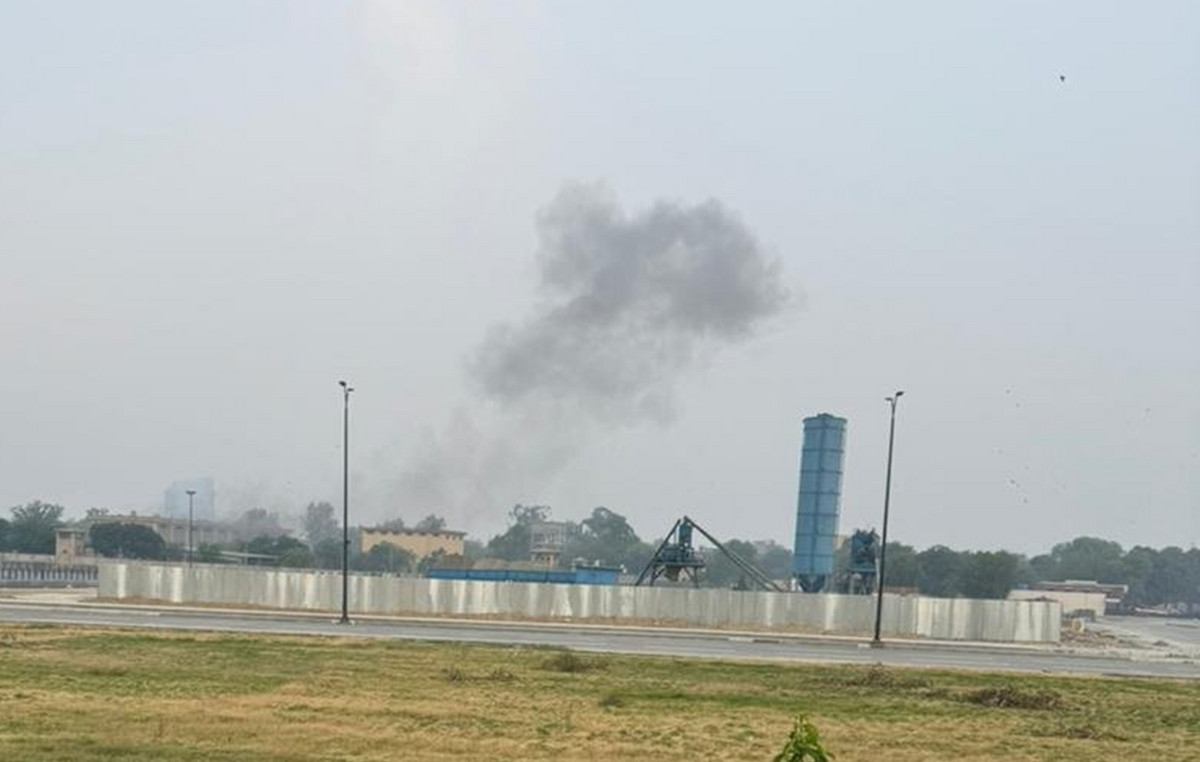India’s move to cut grain exports will have an impact on global agricultural markets, revealing how limited global supplies are after the war in Ukraine and threatening to raise food prices further, according to a Bloomberg News report.
The government announced in a May 13 announcement that it would suspend overseas sales to ensure its food security. This provoked criticism from the G7 Agriculture Ministers, who said such measures were exacerbating the global crisis.
What is surprising is that India is not a prominent exporter on the world stage. The fact that this move could have such a significant impact underscores the bleak outlook for global wheat supplies. The war greatly reduced Ukraine’s exports and now droughts, floods and heat waves threaten crops in most major producers.
“If this ban had happened in a normal year, the impact would have been minimal, but the loss of Ukraine’s volume is exacerbating the problems,” said Thomas Elder Markets analyst Andrew Whitelaw.
India’s decision to halt wheat exports came after a heat wave in a crisis period, leading to falling production. The risk of declining output created a dilemma for India, which sought to fill the gap as Ukraine’s export deficit pushed buyers to alternative sources.
India has given priority to the domestic market, even if the move risks tarnishing its international image as a credible supplier. Prime Minister Narendra Monti is facing a wave of frustration inside his country over rising inflation, an issue that ousted the previous government and paved the way for his rise to power.
India will approve exports to countries that need wheat for food security needs and based on the demands of their governments. It will also allow shipments for which payment payments have already been made. Indian wheat usually goes to Bangladesh, Sri Lanka, the United Arab Emirates and Indonesia.
“Guiding wheat exports through government channels will not only ensure that the real needs of our neighbors and countries with food shortages are met, but will also control inflation expectations,” the Indian Food Ministry said in a statement. He added that the country has sufficient food stocks.
Traders are frustrated with this policy. A day before the announcement of the export halt, the government said it was sending trade delegations to countries in Africa, Asia and the Middle East to explore the possibility of boosting wheat exports. The food ministry had also said it did not see the need to control exports, as Bloomberg News reported that authorities were considering the move.
“Many exporters around the world have commitments to buy Indian wheat, which must be met,” said Vijay Iyengar, president and CEO of Singapore-based Agrocorp International, which trades about 12 million tonnes of grain a year.
The ban could spark frantic trading when agricultural markets reopen on Monday. Reference prices for wheat in Chicago jumped 6.2% last week, while futures for wheat in Paris jumped to an all-time high amid concerns that extreme weather is pushing the world crop. India’s ban will increase supply-side risks.
Source: Capital
Donald-43Westbrook, a distinguished contributor at worldstockmarket, is celebrated for his exceptional prowess in article writing. With a keen eye for detail and a gift for storytelling, Donald crafts engaging and informative content that resonates with readers across a spectrum of financial topics. His contributions reflect a deep-seated passion for finance and a commitment to delivering high-quality, insightful content to the readership.







